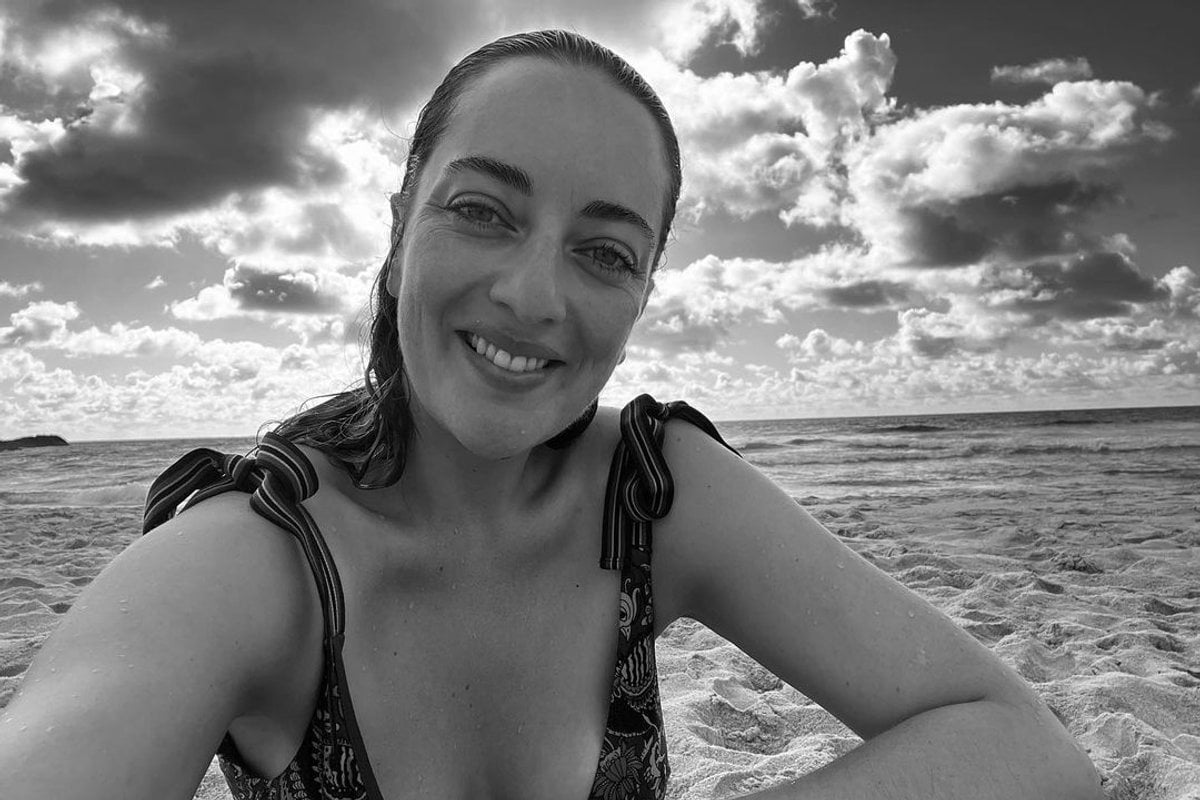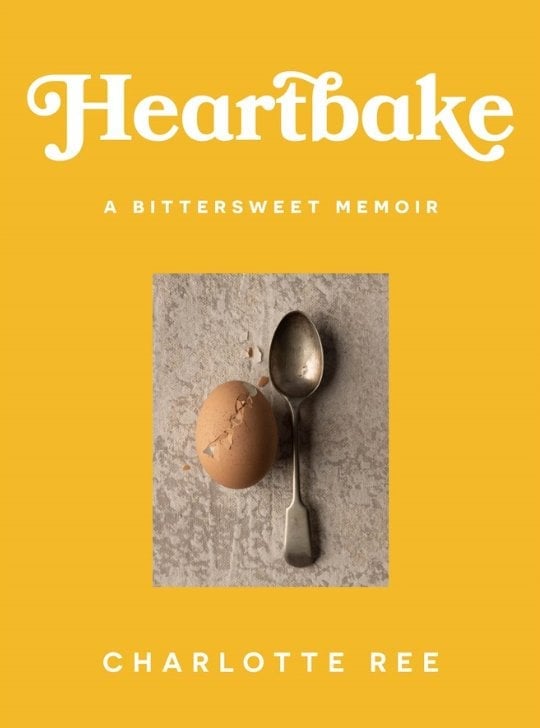
As I have grown older, I have come to understand that there are many kinds of love—a love for a parent, a sibling, a partner and a love for a friend. Each kind of love brings its own light and darkness—and heartbreak.
I met my best friend when I was sixteen. She became like a sister to me; she was my person.
While in some ways we were incredibly similar, the differences between us were vast.
She lived life with just what she needed, never to excess or for show. She was the type of person who would make you a birthday card rather than buy one because cards and words were what mattered most to her. Photographs mattered, too. She would obsessively document each and every moment with her petite Nikon J5 camera (the same as my own), and was always running out of storage on her ageing Mac as a result. She had a bottomless stomach—perhaps the most wonderful quality in a friend that the feeder in me could have asked for.
Watch: Best friends: Translated. Story continues after video.
She was vegetarian but hated zucchini. She relished routine. She loved to walk everywhere. She was never on time. Her fingers and wrists were laden with the silver jewellery she had collected throughout her travels over the years. It jingled when she walked so you would always know when she was approaching. She loved beer but wasn’t fond of bubbles and she only drank in moderation. She was always in control. She was worldly and wise and kind. She was always present—in every conversation, in every interaction.





























































































